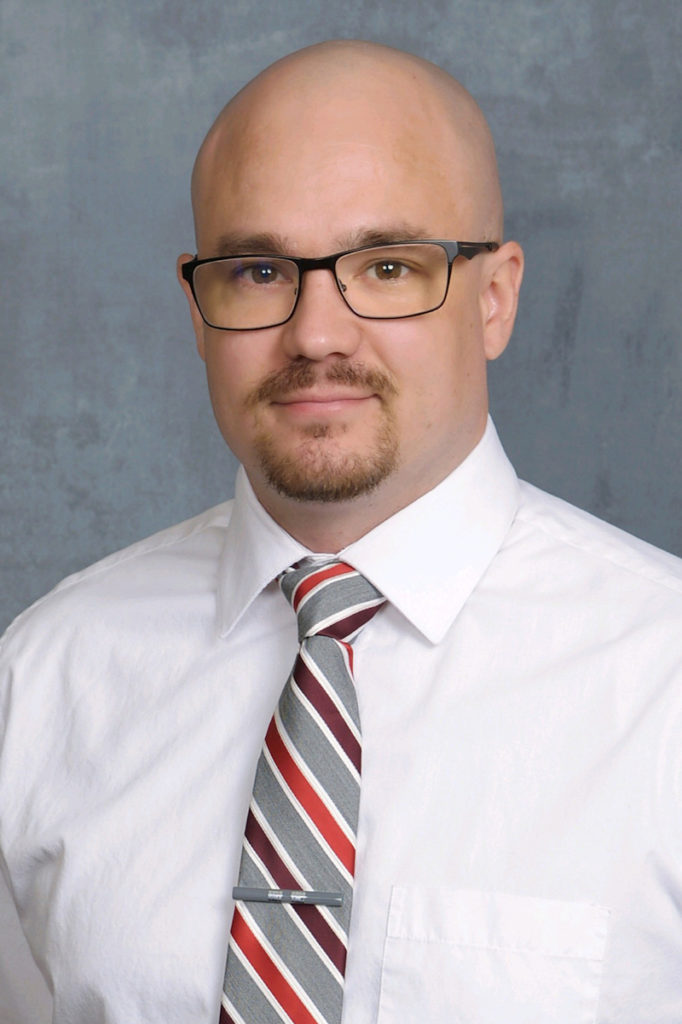
Outstanding Graduate, Fall 2018
Luke Oldham
If Luke Oldham had one superpower, it’d be the ability to touch any book and absorb all the information it contains. And if given the opportunity, he says he’d take on the riskier task of taking in all the information from the internet as well — all the better to function in the field of information technology.
Five years in the United States Marine Corps as a systems administrator helped Luke Oldham grow to enjoy and appreciate working in information technology.
“It was very satisfying to fix problems with our servers or network, like solving a puzzle,” says Oldham. “This led to me wanting to take my interest in the field further and strive to become better at it.”
Oldham’s desire to find a school that welcomes and embraces veterans led him to Arizona State University.
“I wanted to further my education for better employment opportunities and to satisfy my hunger for knowledge,” Oldham says. “I was also told that ASU was a very veteran-friendly school, and so far, that has proven to be true.”
The discipline he learned in the military has proven to be an advantage to his success as a full-time student.
Oldham offers two main pieces of advice to students still in school.
“It is easier to maintain than it is to catch up. Stay on top of everything as much as you can, and everything will be significantly easier for you,” he wisely advises.
He also notes the importance of being present: “Attendance, attendance, attendance. Half of life is just showing up where you need to be at the right time. It makes a big difference in grades and every other aspect of life.”
Oldham’s next step is graduate school through ASU’s 4+1 program.
As his education continues and his career takes shape, the budding information technology expert’s goal is to positively shape the development of artificial intelligence and help ensure a positive technological experience for users everywhere as AI becomes increasingly more integrated in everyday applications.
“AI could solve a lot of problems for humanity, but it could also be devastating if the implementation is wrong. That is why it is critical that it is done in a way that benefits humanity with as little risk as possible.”




































